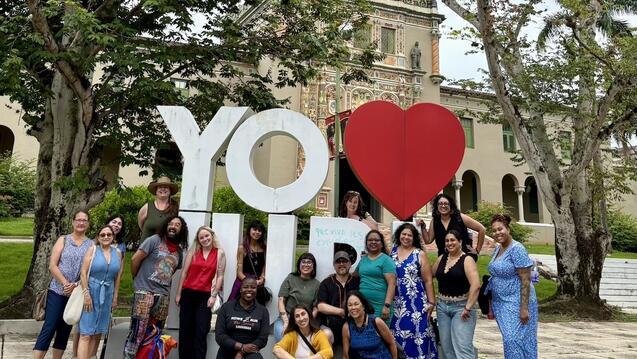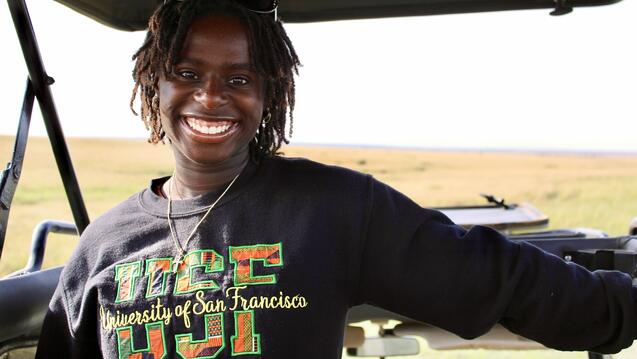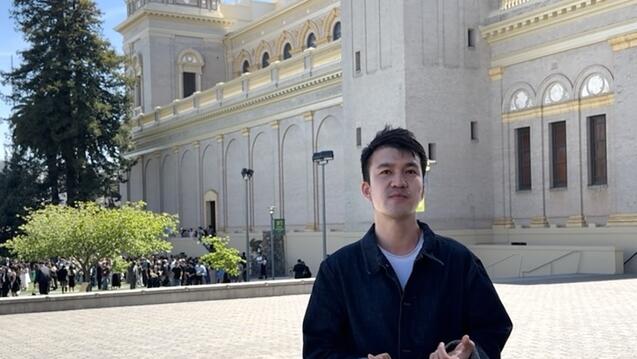The Holy Days Challenge Us to Hope in the Face of Loss and Grieving from Coronavirus

Sunday marks what would normally be among the most hope-filled days in the religious calendar. For Christians, Sunday is Easter, which celebrates the resurrection of Jesus Christ. For Jews, Sunday marks the midpoint of Passover, which commemorates the liberation of the Jewish people from slavery, a powerful symbol of rebirth and hope amid adversity.
Even on this special day, hope can be hard to come by for many of us. Instead of gathering with friends and family for Seder or Easter services, we are social distancing, watching our families through distorted webcam angles. We worry for their health and are concerned about the pandemic’s financial toll. The locked doors of our churches and synagogues add to our deep sense of alienation.
Like the events they commemorate, the Jewish and Christian holy days challenge us to hope even in the face of so much loss and grieving. This really is what faith is all about — gazing so deeply at our reality that we discover unexpected meaning and mystery. Experience — even painful experience — has something to teach us.
Our universities — University of San Francisco and Santa Clara University — are founded in the Jesuit tradition of education. This tradition values service to the common good and cura personalis, care for each person in mind, body and spirit. Our social distancing and sheltering in place are sacrifices that are unexpected demonstrations of those core values.
In phone calls and Zoom check-ins, we extend that care virtually to others, especially those who feel most alone or anxious. At our universities, we have reached out to our students dispersed around the globe and assisted faculty, staff and students in need. In these very concrete ways, we wrap our relationships in a blanket of protective assurance that says: “In the end, all will be well.” This is the fundamental message of Easter and Passover that we desperately need to hear now.
Our service to the common good extends beyond each doing our part to slow the spread of the coronavirus. At our universities, we have shared resources to help community organizations. Santa Clara loaned now-idle vans from the athletics department to help Catholic Charities and Second Harvest Food Bank deliver food to sheltered people in need. USF faculty donated personal protective equipment from science labs to health-care providers, including UCSF Medical Center and Kaiser hospitals.
In each of these corporate and individual actions, we choose hope instead of fear, convinced that we will get through this terrible time because we rely on each other. In this we find our strength. This, too, is the meaning of Passover and Easter, which are celebrations of communities that stuck together and eventually were transformed when their hopes were realized.
If you are having trouble finding much hope these days, consider the following. In our absence from one another, are we becoming more grateful for people we may otherwise have taken for granted? In our distancing, are we realizing a deep longing for a community that we did not fully notice before, as we were caught up in the daily rush? On our daily walks, are we much more grateful for the natural world? With a virus that jumps so easily from person to person, are we more aware of how interconnected we are as people, no matter who we are or where we live?
Easter and Passover may be different this year, but these age-old holy days continue to teach us about hope. The lessons of the pandemic are hard and the toll thus far great, but they also turn our gaze forward. The doors of our houses of worship, as with other places dear to us, will open again, and when they do, we will pray with minds and hearts transformed.
This article was first published in the San Francisco Chronicle on April 10, 2020. Read more


